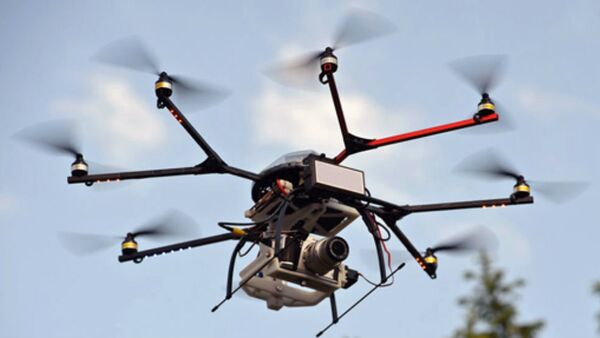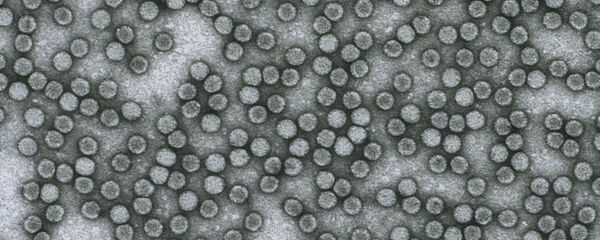Brazil's most populated city Sao Paolo uses unmanned aerial vehicles (UAVs) to define mosquito traces in gardens and terraces of shuttered houses and buildings.
An epidemic of birth defects linked to the Zika virus has been long worried by the federal government of Brazil which found investigating and fumigating effective to crush the virus.
Some 60 million residences and business centers have been projected for drones checking by the Brazilian government that enhanced its strategies to fight the mosquito-borne virus.
Despite 27.5 million of checked buildings, 60 percent of houses remain untouched and hard-to-get as people prevent troops and servants from entering their properties even being said it's a matter of security. So officials consider drones as useful tools to access such territories.
The officials of the third largest state of Mato Grosso have agreed to allow cities to use drones for mosquito combatting.
The current Zika outbreak originated in Brazil in the spring of 2015, spread across Latin America and gained widespread media attention as confirmations of first cases emerged in Europe and the United States in recent weeks.
The Zika virus is transmitted by mosquitoes active in daytime. It does not cause serious complications in adults, but is suspected of leading to severe brain defects and microcephaly cases in newborns.




